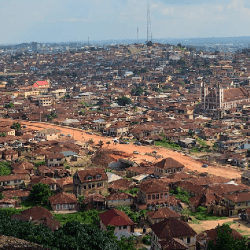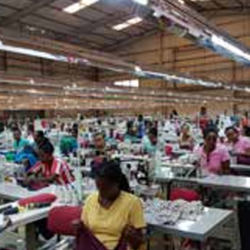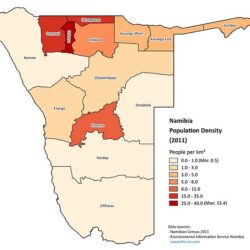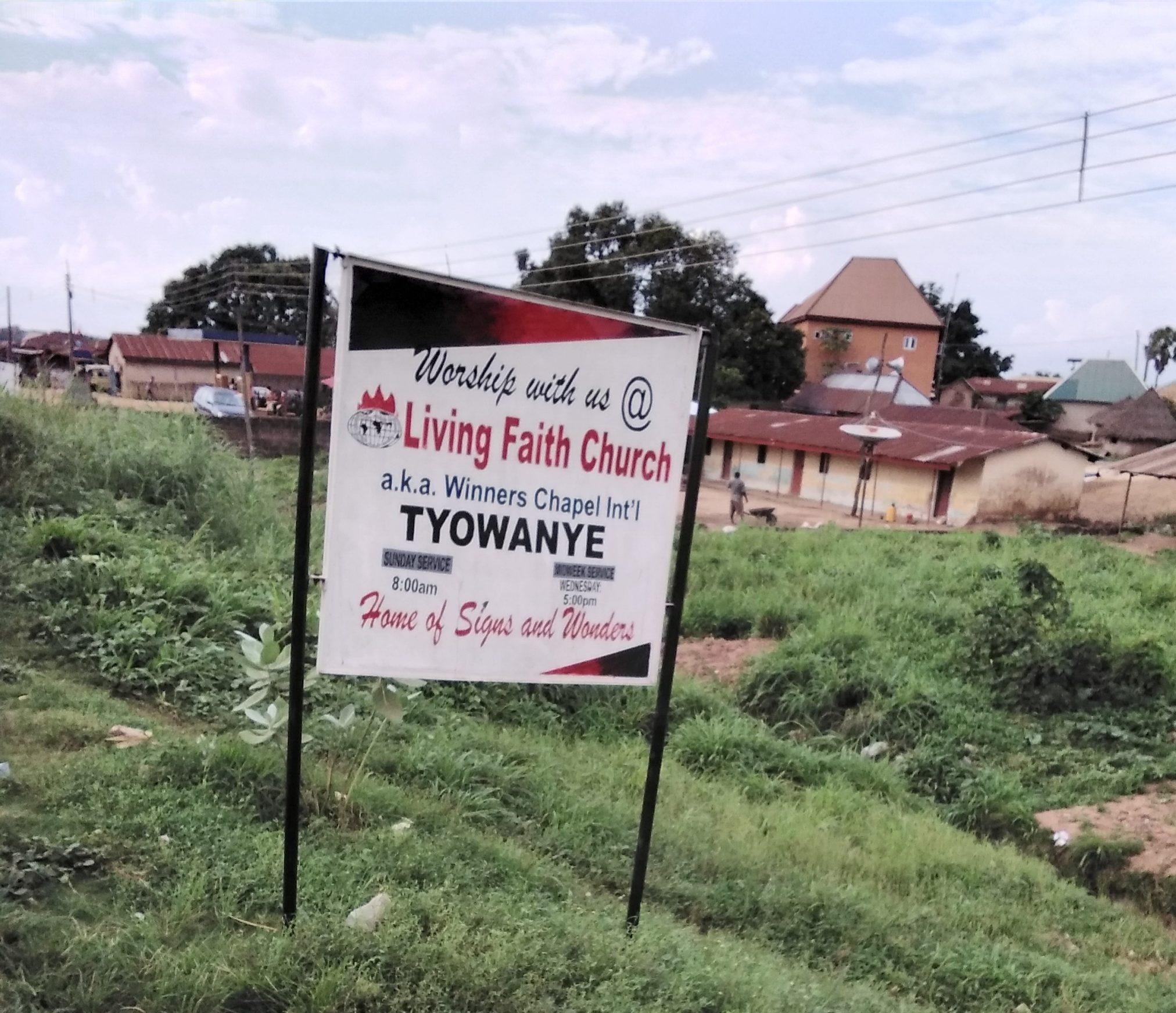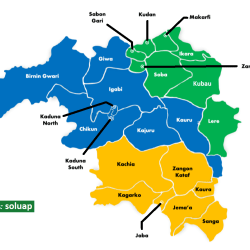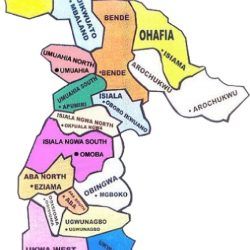The story of Nigeria’s economic regression is a cautionary tale of how mismanagement and short-term policies can dismantle a thriving economy. However, with strategic planning, effective leadership, and collective action, Nigeria has the potential to regain its lost glory.
This detailed comparison of Nigeria’s economic trajectory from 1980 to the present highlights a stark reality: the transition from a productive economy to one heavily dependent on imports. The consequences of this shift are manifest in the drastic depreciation of the naira and a weakening industrial base.
Key Highlights from Nigeria’s Past Economic Strengths
- Export-Driven Economy: In 1980, Nigeria was a net exporter of refined petroleum products, strengthening the naira.
- Robust Manufacturing Sector: Local production of cars, trucks, agricultural tractors, and industrial components supported domestic needs and exports.
- Self-Sufficiency in Consumer Goods: Most consumer products, including textiles, shoes, electronics, and household items, were locally manufactured.
- Agriculture and Allied Industries: The agricultural sector was well-integrated with industries, such as textiles and rubber, providing raw materials.
- Strong Transportation Infrastructure: Nigeria Airways symbolized an era of national pride and global connectivity.
The Decline: What Went Wrong?
The gradual erosion of these achievements can be traced to:
- Overreliance on Oil Exports: The oil boom of the 1970s led to neglect in other sectors, reducing diversification.
- Corruption and Mismanagement: Public resources were misused, and industrial policies lacked continuity.
- Infrastructural Decay: Manufacturing became uncompetitive due to unreliable power and poor logistics.
- Policy Inconsistencies: Frequent changes in economic policies discouraged investments in local production.
- Import Dependency: Over time, cheaper imports displaced local production, eroding industries.
Consequences
- Naira Depreciation: The naira’s plummeting value mirrors Nigeria’s diminishing economic productivity and export capacity.
- High Unemployment: The collapse of industries resulted in job losses and weakened human capital development.
- Economic Vulnerability: Heavy reliance on imports makes the economy sensitive to global price fluctuations.
A Call to Action
The lamentation of the current state must give way to actionable strategies. Key questions posed are pivotal:
- What can individuals produce locally to reduce import dependency?
- How can policymakers create an enabling environment for industries to thrive?
The Path to Recovery
- Industrial Revival: Revamp the manufacturing sector by incentivizing local production through subsidies, tax breaks, and robust infrastructure.
- Agricultural Integration: Develop the value chain to link agriculture with industries.
- Export Promotion: Focus on non-oil exports to diversify the economy and stabilize the naira.
- Education and Skill Development: Equip the workforce to meet industrial demands.
- Accountability and Governance: Strengthen anti-corruption measures to ensure public funds are used effectively.
How Nigeria lost it
CURRENT EXCHANGE RATE
$1 = ₦1652
£1 = ₦2010
€1 = ₦1985
In case you don’t know the root cause of our problems today, please take time out and read below:
42 years ago, precisely on 25/07/1980 the exchange rate was:
$1 = 0.80k
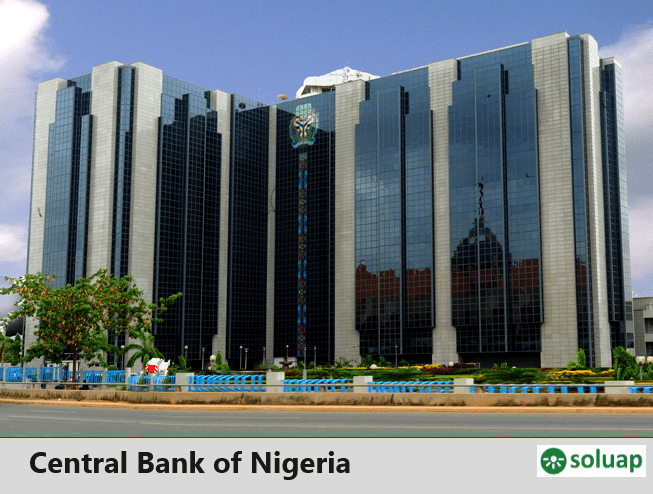
Well, we were more productive in 1980 than we are today.
In 1980, the key reasons for economic growth were as follows:
- We were a net exporter of refined petroleum products. Today we import all our refined petroleum products.
- We drove in locally assembled cars, buses and trucks. Peugeot cars in Kaduna and Volkswagen cars in Lagos.
- Leyland produced trucks/buses in Ibadan and, ANAMCO in Enugu also produced buses and trucks.
- Steyr in Bauchi produced our Agricultural tractors. And it was not just Assembly, we were producing many of the components:
- Vono products in Lagos produced the vehicle seats.
- Exide in Ibadan, produced the batteries, not just for Nigeria but for the entire West Africa.
- IsoGlass and TSG in Ibadan produced the windshields.
- Ferrodo in Ibadan produced the brake pads and discs.
- Dunlop produced Tyres in Lagos and Michelin Tyres were produced in Port Harcourt. And I mean tyres produced from rubber plantations located in Akamkpa (South Eastern State) Ogun, Bendel and Rivers State.
- We were listening to Radio and watching television sets assembled in Ibadan by Sanyo.
- We were using refrigerators, freezers and Airconditioners produced by Thermocool and Debo.
- We were putting on clothes produced from the UNTL Textile Mills in Kaduna and Chellarams in Lagos. They were Not from imported cotton but from cotton grown in Nigeria.
- Our water was running through pipes, produced by Kwalipipe in Kano and Duraplast in Lagos .
- Our toilets were fitted with WC produced in Kano and Abeokuta.
- We were cooking with LPG gas, stored inside gas cylinders, produced at the NGC factory in Ibadan.
- Our electricity was flowing through cables produced by the Nigerian Wire and Cable, Ibadan; NOCACO in Kaduna and Kablemetal in Lagos and Port Harcourt.
- We had Bata and Lennards Stores, producing the shoes we were putting on. The shoes were not from imported leather, but from locally tanned leather in Kaduna, Jos, etc.
- We were mainly, flying our Airways, (the Nigeria Airways), to most places in the world, being that the Nigeria Airways was about OR one of the biggest in Africa at the time!
- Most of the foods we ate, were grown or produced in Nigeria.
We were producing all of the above and many more in the 1980s!
Today, we import almost everything.
Isn’t that alarming?
Here lies the source of the terrible exchange rate we are experiencing today and I believe that, everyone reading this, has a critical role to play in reversing this very UGLY trend.
We have been talking about these problems and more for ages.
It is not enough for us to complain about the exchange rate or point out what others are not doing or are failing to do. The key questions are:
- What are we producing now?
- What role are our so-called leaders/ politicians of today, playing?
We are shying away from responsibility, whereas it is a stack reality and, if we don’t deal with it, it won’t go away. In fact it may get worse.
To our dear politicians, if you don’t have the capacity to RESET Nigeria to what it was, at least back in 1980, please, stay in your house and don’t waste our time.

